Slovar skupnega znanja: pogovor
V okviru Slovarja skupnega znanja bo platforma Radar predvajala pogovor med glasbenikom Khyamom Allamijem in arhitektko Noro Akawi: Uglaševanje, pristranskost in divji onstran, ki bo istočasno dostopen tudi na spletni strani L'Internationale Online. Pogovor je nastal ob objavi dveh brezplačnih programov Leimma in Apotome, ki spodbujata eksperimentiranje z globalnimi uglaševalnimi sistemi, s katerimi Allami izziva evrocentrično programsko opremo za glasbeno produkcijo.
Produkcija: Radio Al Hara, 63:40 min
>>>
Open Radio Investigative Art Platform Radar is hosting a radio part of the programme of The Glossary of Common Knowledge project. The conversation Tuning, Bias, and the Wild Beyond between the musician Khyam Allami and the architect Nora Akawi will be released on Radio Študent while simoultaneously available online on L'Internationale Online webpage. The conversation revolves around the release of two free programs that encourage experimentation with global tuning systems Leimma and Apotome by Allami and how they challenge the Western biases of music production software.
Production: Radio Al Hara, 63:40 min
>>>
Slovar skupnega znanja je projekt evropske konfederacije muzejev L'Internationale, ki je nastal na pobudo Moderne galerije v letu 2014. Poteka na preseku med delovnim seminarjem in javno konferenco. Cilj projekta je sestaviti slovar umetniške terminologije, ki se bistveno razlikuje od obstoječe literature o umetnosti. Pri nastajanju slovarja sodelujejo institucije in posamezniki iz Evrope in drugih delov sveta, ki iz lastne prakse in okoliščine predlagajo v skupinsko razpravo termine na določeno temo. Tokratno referencialno polje je Subjektivizacija. Javnosti bo dostopen posebni radijski program.
Ob seminarju Slovar skupnega znanja o Subjektivizaciji L'Internationale Online predlaga povezavo s fluidno mrežo poslušalnih mest, na katerih se bodo vzpostavile in širile provokacije o odnosih med/z esencializmom in subjektivizacijo, da bi spodbudili večjo dostopnost in geografsko vključenost. Pospešena digitalizacija, ki jo je povzročila pandemija, je iztočasno zanetila vprašanja o iskanju fizičnostih interakcij, zato vabimo udeležence, bralce in poslušalce, da prek različnih radijskih programov aktivno sodelujejo s svojimi čutili v različnih frekvenčnih spektrih. Cilj prepoznavanja polifonije te simfonije je kataliziranje prostora, skozi katerega se lahko začnemo pogajati o teorijah, praksah in zapletah okoli esencializma in subjekta v postajanju. Z radijskimi programi odpiramo zvočne migracije, ki so bistvene za raziskovanje dekolonialnosti in raztelešenih performansov. Radio prepoznavamo kot potencialni medij oziroma mehanizem za širjenje večkulturnih in kakofoničnih pristopov še posebej v času svetovne pandemije. Vzpostavljamo dialog z radijskimi postajami kot mesti kritičnega mišljenja, produkcije in oddajanja v različnih krajih, da bi spodbudili razpravo o konceptu subjektivizacije, ki je tema tokratnega seminarja Slovarja skupnega znanja. Subjektivizacijo na splošno razumemo kot potencialno transformativni proces, ki se sooča s predsodki v naših družbah. Razmišljanje o subjektivizaciji zato nujno postavija kritična vprašanja o tem, kdo smo, kako delujemo v svetu; in na kakšen način določene situacije, strukture in oblike izključevanja določajo in omejujejo naše možnosti.
>>>
The Glossary of Common Knowledge (GCK) seeks to find common knowledge to speak about less visible stories in contemporary art, and to address systems that govern our ways of thinking in art and beyond. The project is ongoing since 2014 and is based on discussions surrounding six referential fields (Historicisation, Subjectivisation, Geopolitics, Constituencies, Commons, and Other Institutionality). The first series of discussions was published in 2018 and now we are working on the second edition. For this second series we are working again with these same referential fields in order to re-examine how the conditions in our cultural landscape have changed. In May 2021, a group of narrators is being invited to propose terms for the Glossary, to speak about the notion of Subjectivisation with respect to their current research and/or artistic practice and shifting cultural conditions. With this referential field we are interested in interpretations of subjectivities that are critical toward dominant ways of producing subjectivisation and the exploitation and commodification of intellect and affect by capital. This subjectivisation is produced from the rebellion and critical situatedness of both individual and collective.
We understand subjectivisation as a potentially transformative process that confronts the judgments and biases in our societies and poses critical questions about who we are, and how we act in the world. It works in the direction of forming aesthetical, ethical and political statements and decisions that are to an extent unrepresentable, historically situated, fragmented and inconsistent, yet capable of weaving political affinities, that bring about social transformation. A collective subjectivity that experiences common trauma may form a solidarity movement that challenges systematic violence in political realities despite the existing intersectionality between its members. The opposite of subjectivation is identification; that is, the police activity of assigning to each body its ‘natural’ place and function. The process of subjectivisation is about citizens becoming makers and not only subjects of public policies and institutions. In a world facing pandemic, climate change, migrations, economic and social struggle, terrorism and an array of new communication technologies we observe growing social, political and economical tension resulting in an ever-more stratified society. Subjectivity-as-encounter is a way to promote the possibility of sharing borders, margins and thresholds with empathy.
Radio Alhara راديو الحارة and Bridge Radio guesting L’Internationale Online
On the occasion of 2021’s Glossary of Common Knowledge seminar on Subjectivisation L’Internationale Online proposes to engage a fluid network of listening sites where provocations on the relations between/of essentialism and subjectivisation may be positioned and disseminated, thereby offering greater accessibility and geographical reverberance. The shift to digitisation caused by the pandemic provides a grounding from which to enquire into the physicality of interaction and therefore we invite participants, readers and listeners to actively engage with their senses over various forms of frequencies via a series of radio programs. Recognising the polyphony of symphony, an aim is to catalyse a space through which to negotiate theories, practices and entanglements around essentialism and subject becoming, through radio programs that unpack sonic migration, what is essential to decolonial research and disembodied performances.
In identifying radio as a potential form and circulatory mechanism we seek to acknowledge a poly-cultural and cacophonous approach that is also attentive to radio as a significant media amidst the global pandemic. Our proposition is to enter into dialogue with a series of radio stations – as critically situated sites of radio production and broadcasting – across differing locales in order to further develop debate on the concept of subjectivisation, which is a theme in the development of the current Glossary project. We understand subjectivisation, broadly, as a potentially transformative process that confronts judgments and biases in our societies and discussions which can pose critical questions about who we are, how we act in the world; and in what ways particular situations, structures and resulting forms of exclusion inform and constrain what is made possible.
>>>
Foto: Apotome Generative Visuals. Z dovoljenjem Khyam Allami / Counterpoint
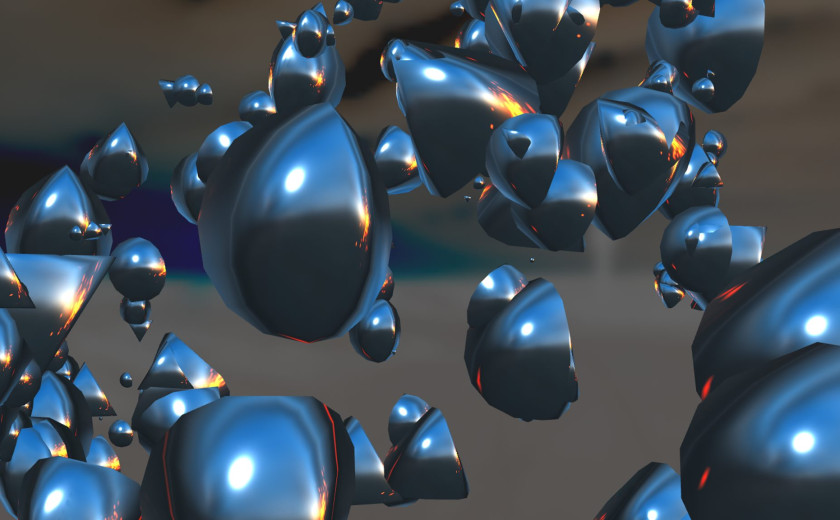
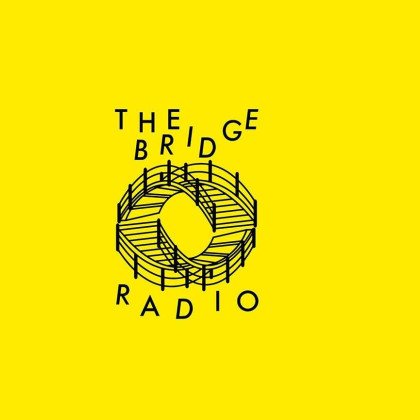
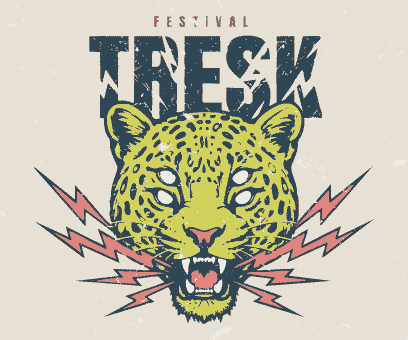
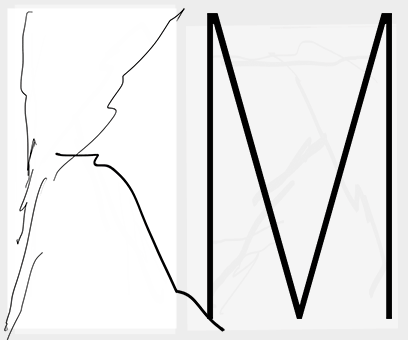
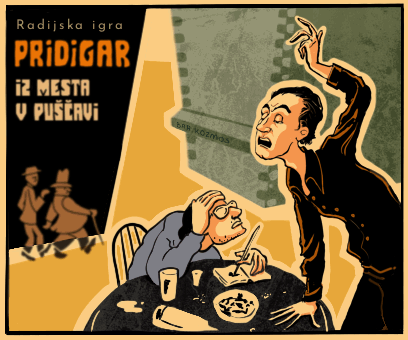
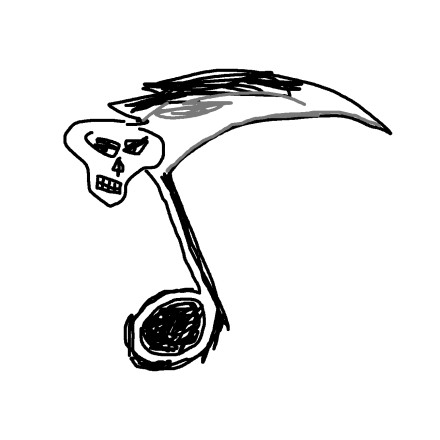
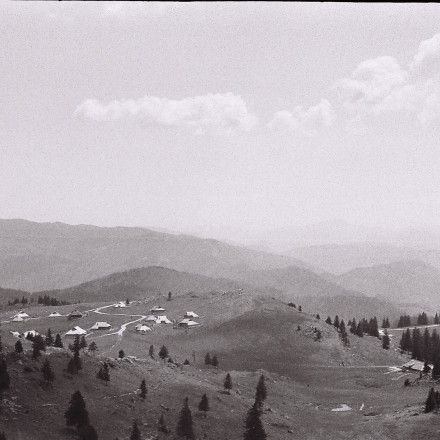
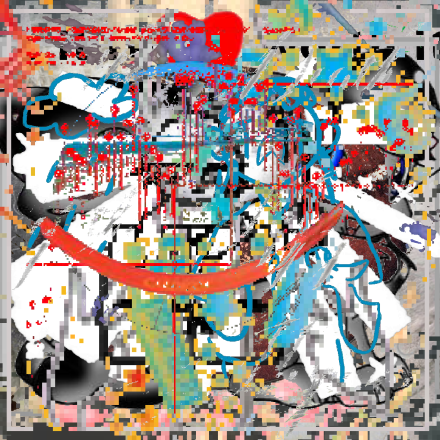
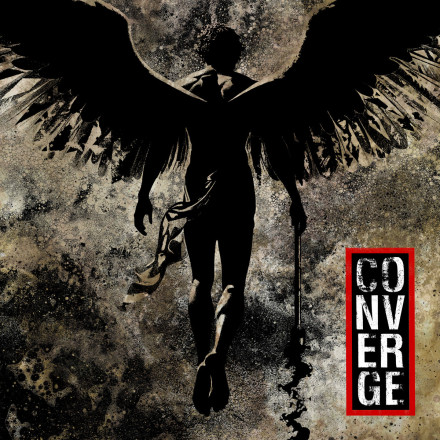
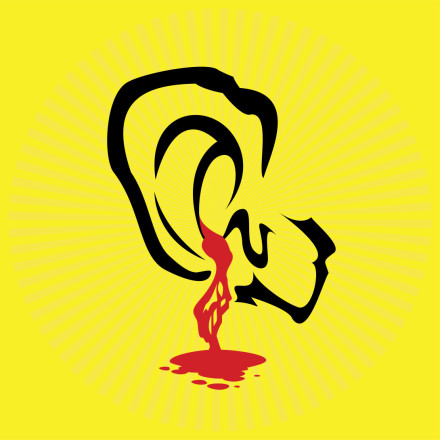
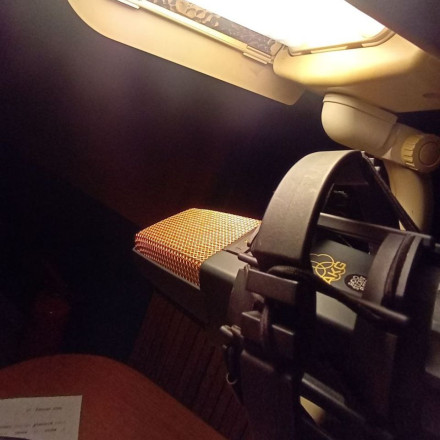
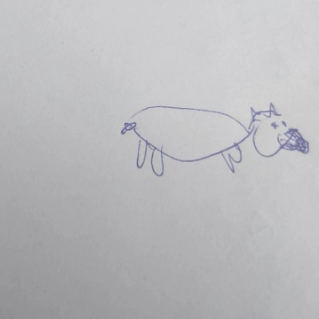
Dodaj komentar
Komentiraj